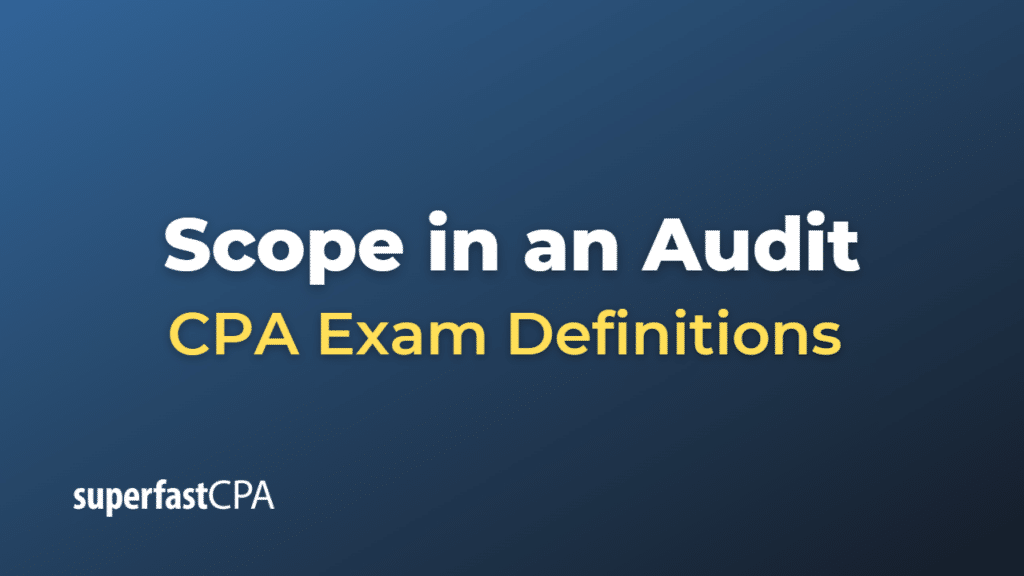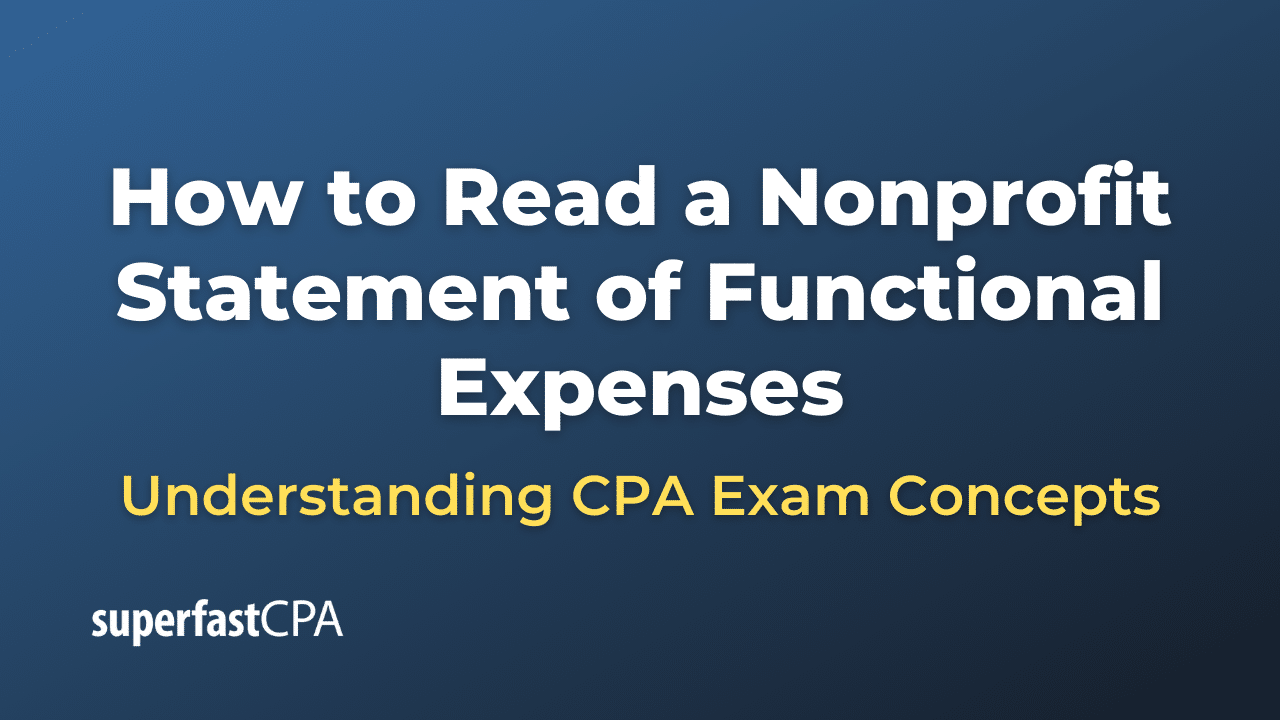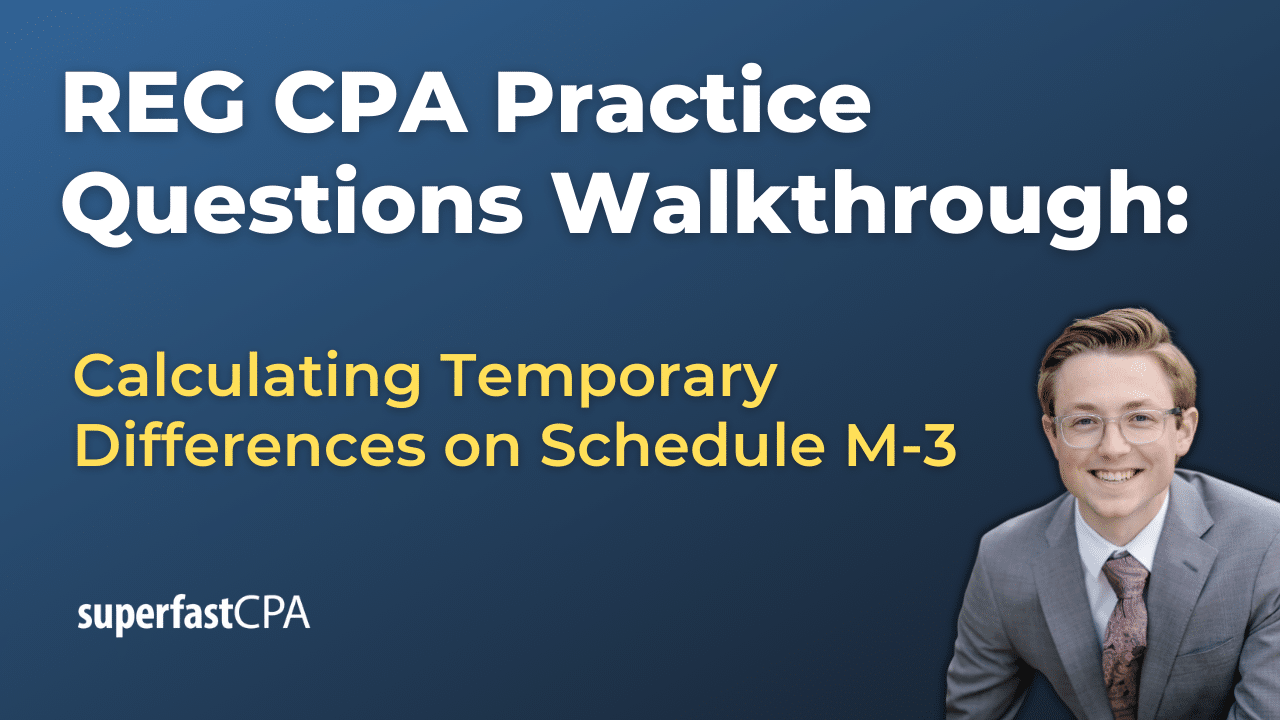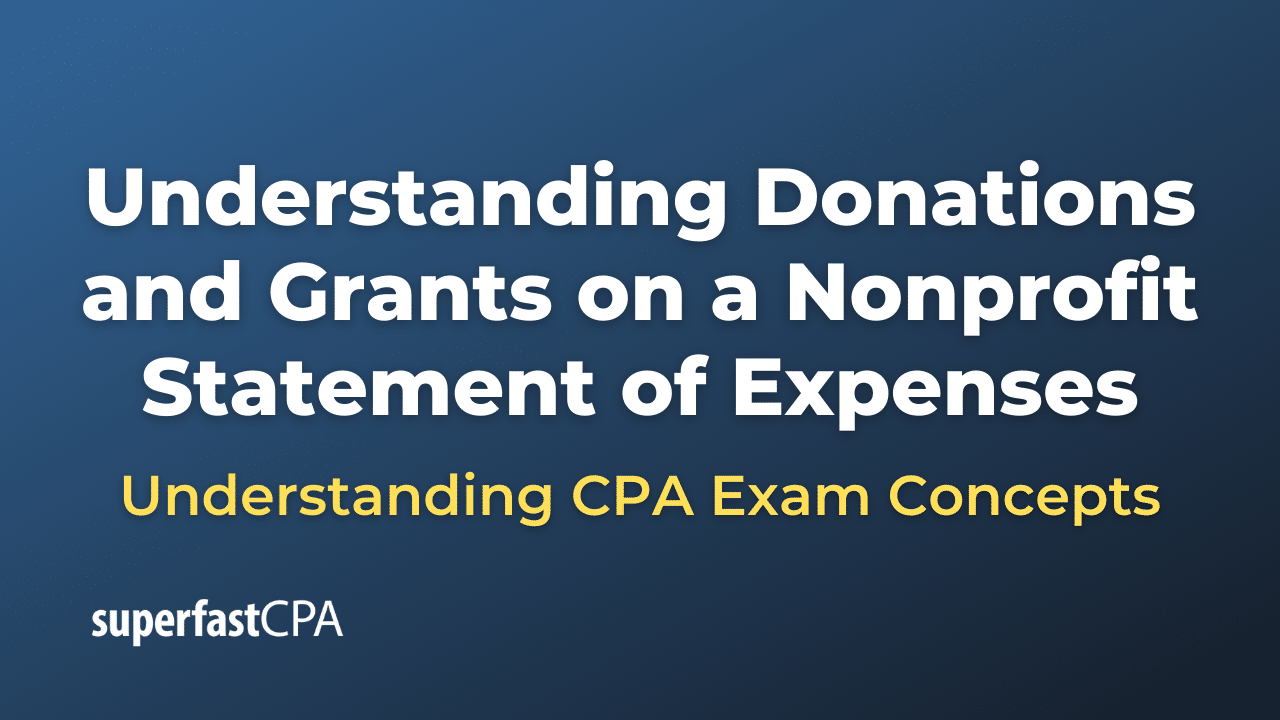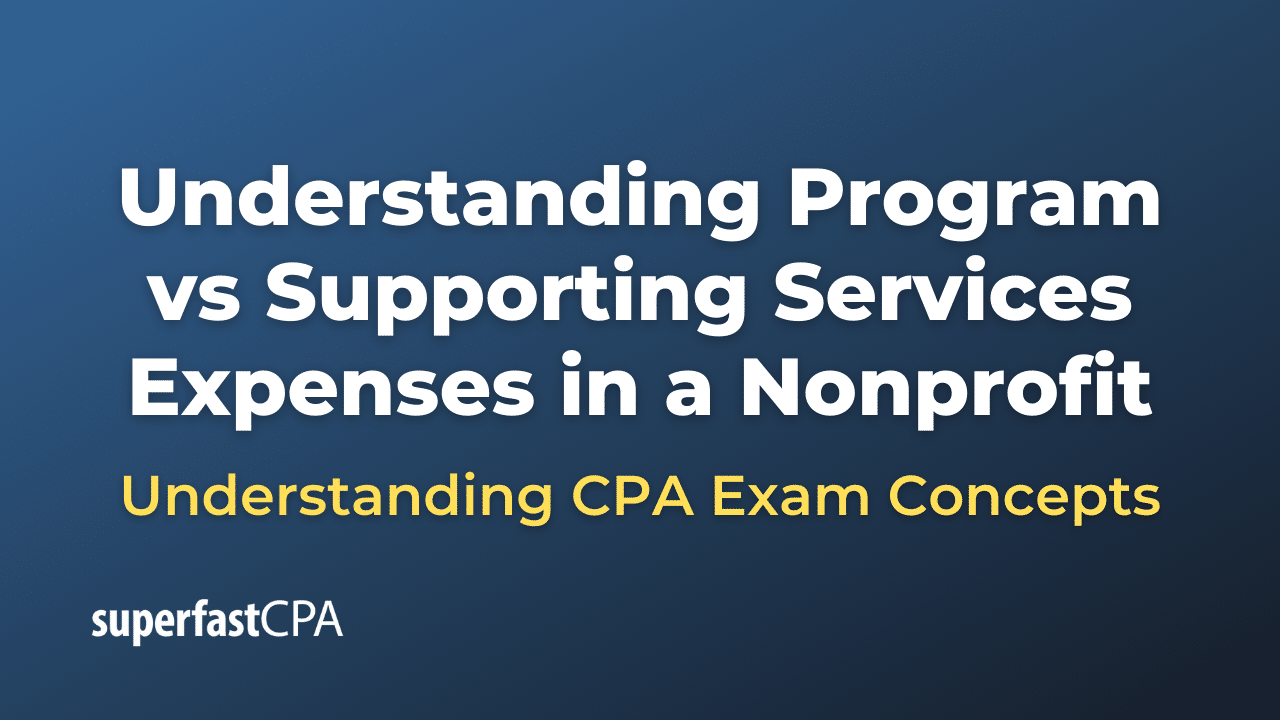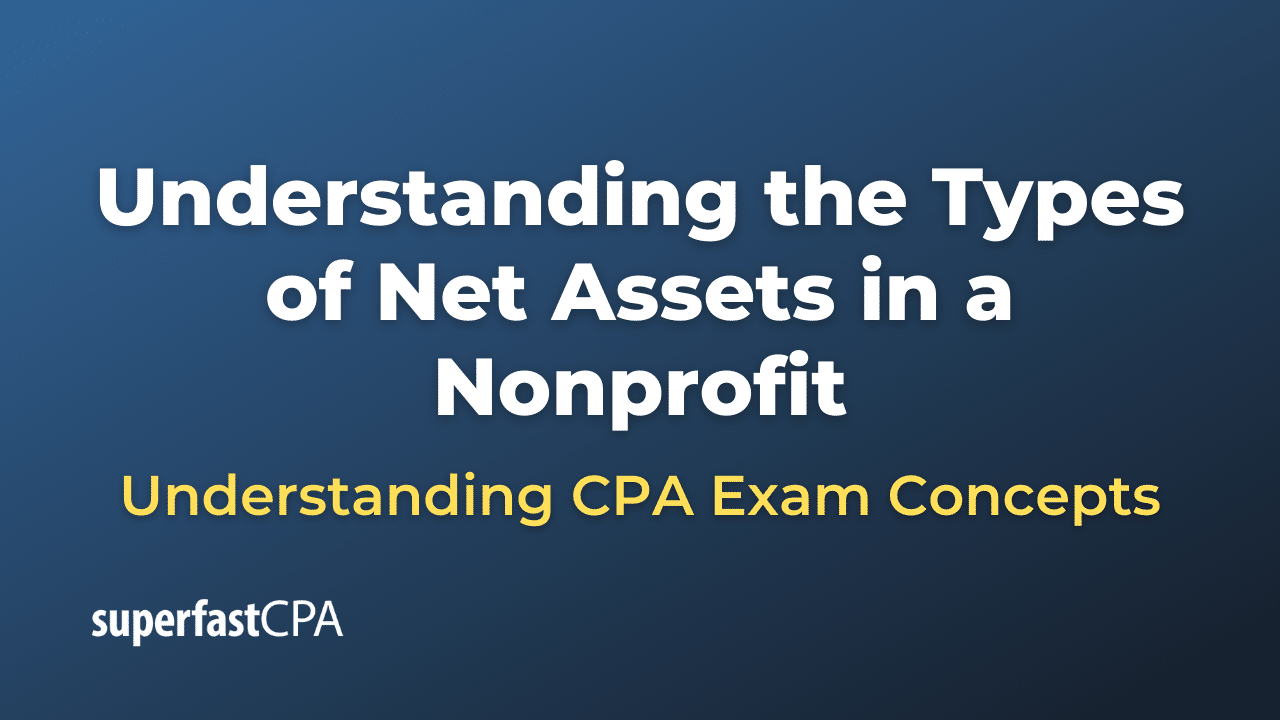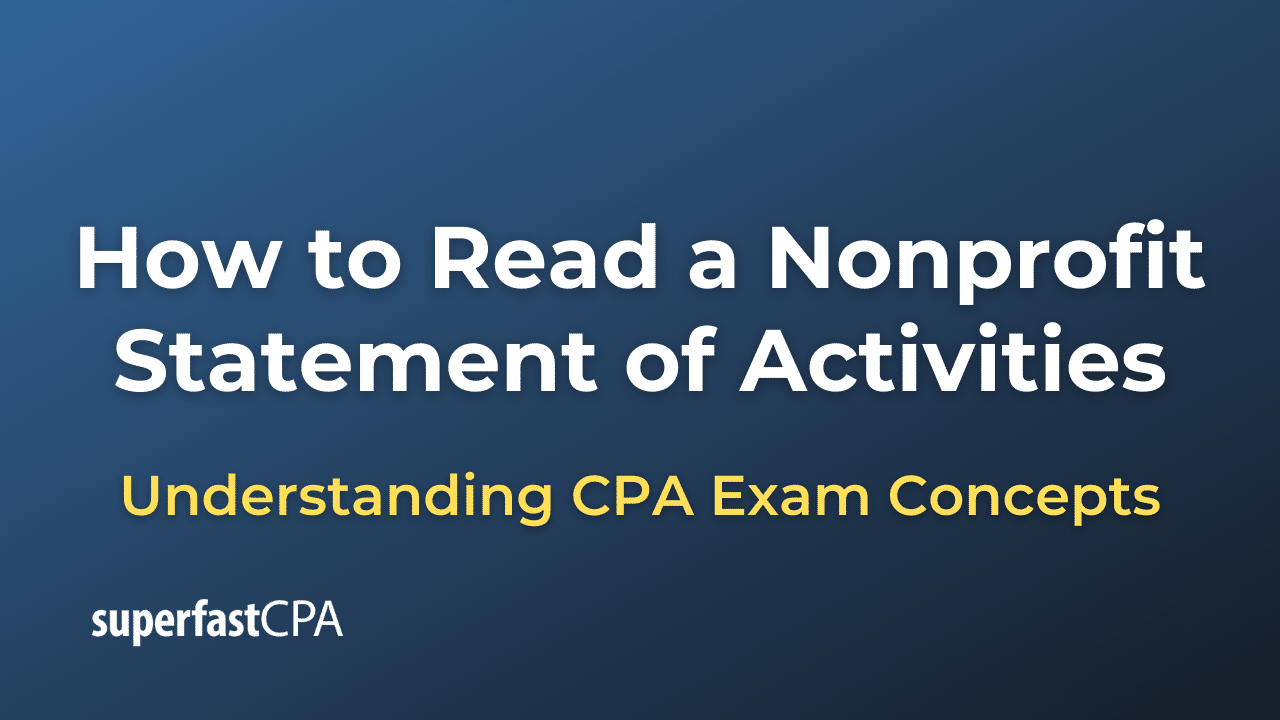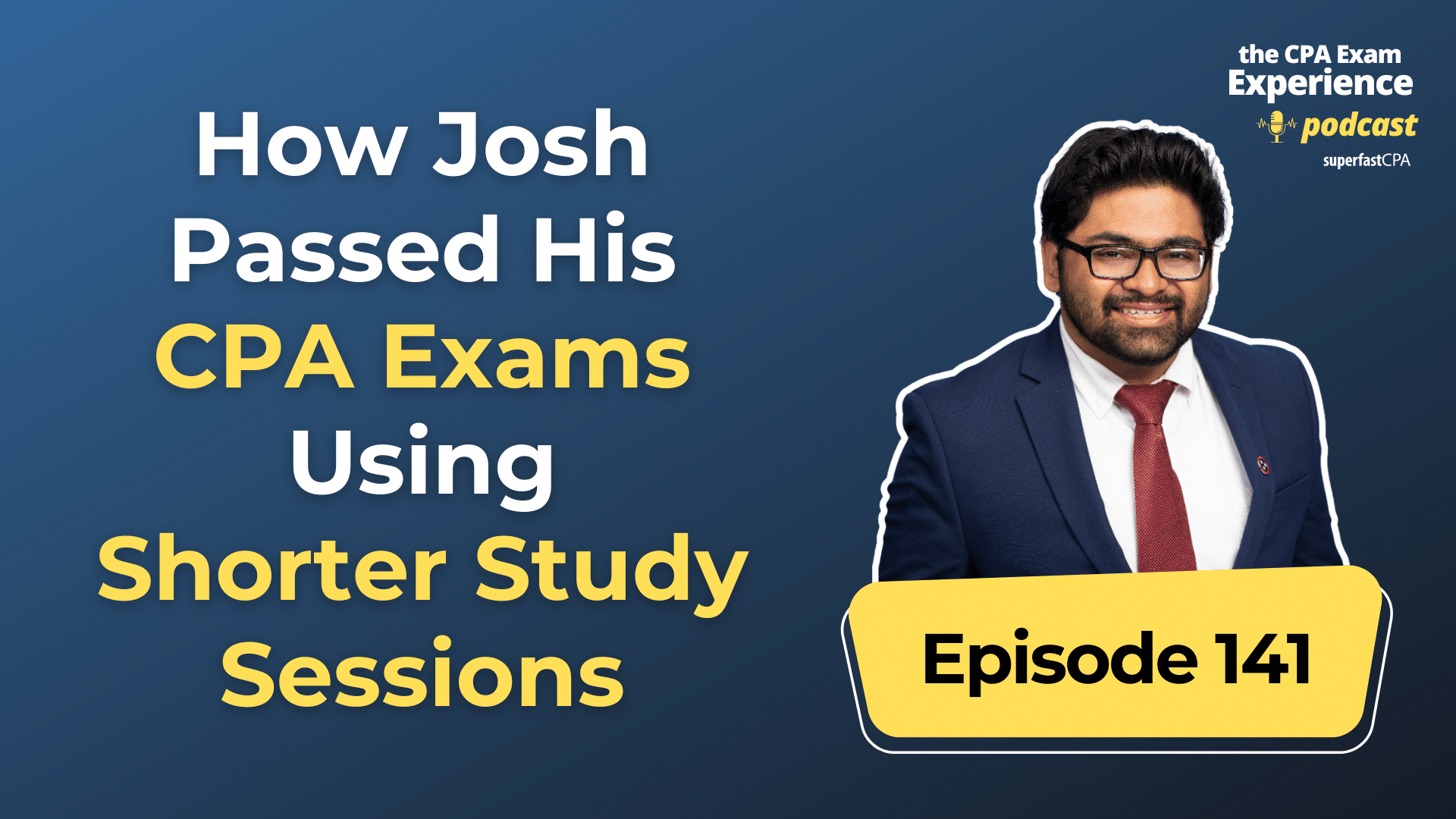Scope in an Audit
In an audit, the term “scope” refers to the extent and boundaries of the auditor’s work required to achieve the audit’s objectives. It involves determining the areas and accounts of the financial statements that will be examined, as well as the nature, timing, and extent of the audit procedures to be performed.
The scope of an audit depends on several factors, including:
- The applicable auditing standards: Auditors must follow the relevant auditing standards (e.g., Generally Accepted Auditing Standards or International Standards on Auditing), which prescribe certain minimum procedures and requirements that define the scope of an audit.
- The financial reporting framework: The scope may also be influenced by the financial reporting framework (e.g., U.S. GAAP, IFRS) applied by the client in preparing its financial statements.
- Client size and complexity: The size, complexity, and industry of the client’s operations may affect the scope of the audit, as larger and more complex organizations typically require more extensive audit procedures.
- Risk assessment: The auditor’s assessment of the risks of material misstatement in the financial statements will directly impact the scope of the audit. Higher risk areas require more audit focus, while lower risk areas may require less attention.
- Internal control environment: The effectiveness of the client’s internal control system also influences the scope of the audit. A strong control environment may allow the auditor to rely on the controls, reducing the extent of substantive testing, while a weak control environment may require more extensive substantive procedures.
- Regulatory requirements: Certain industries or jurisdictions may have specific regulatory requirements that affect the scope of the audit, such as additional reporting obligations or supplementary audit procedures.
The scope of an audit is an essential aspect of the audit planning process, as it helps ensure that the auditor obtains sufficient appropriate audit evidence to form an opinion on the financial statements. It is typically documented in an audit plan or audit strategy, which serves as a roadmap for the audit team, outlining the objectives, risks, and procedures for the engagement.

